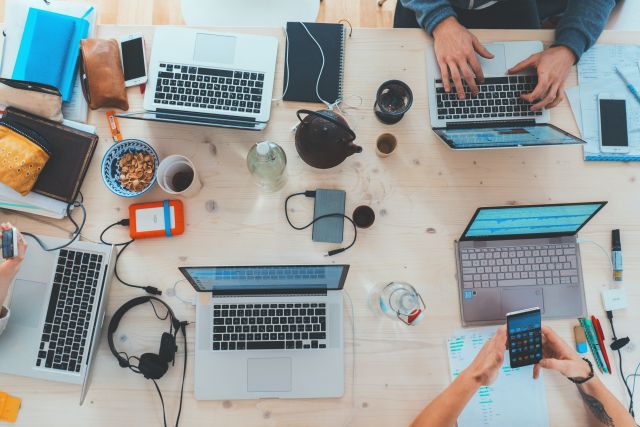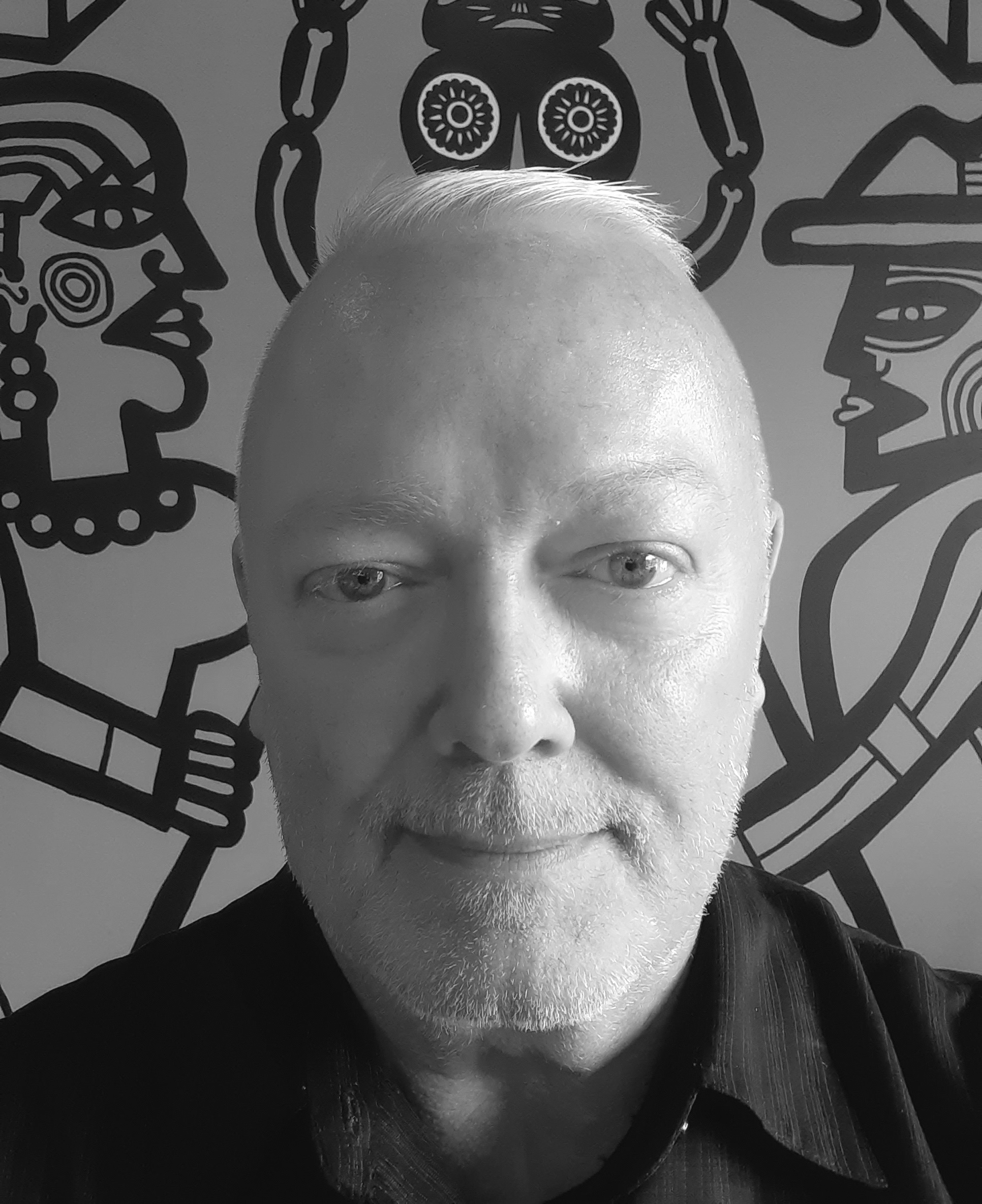Startups, Tech Culture, and Alcohol: What Gives?
Is it common knowledge that the startup world is a bit steeped in alcohol? Or is it just Silicon Valley’s sad little open secret?
In the last few years (and before COVID made things worse), tech companies have been cited in a number of articles for being a little—shall we say—hesitant to address an issue with their employees and alcohol. Are their employees more prone to drinking too much?
“Beer Is Just the Symptom”
A few years ago I visited the offices of a well-known tech firm—in this case, a successful company (now a bit too large to be considered a “startup”). I marveled at the huge, open office layout, filled with nooks and crannies for having an impromptu meeting, celebrating a birthday, or taking a nap. Other amenities included free snacks 24/7, and beverages. As it happens, those beverages included beer. As an article in Wired noted, “Kegerators, or at least well-stocked beer fridges, are standard fixtures at tech companies, right up there with ping-pong tables and beanbag chairs.”

But in 2019, another company halted alcohol in its workplace, after allegations of sexual assault. The article comments further that “beer is just the symptom” of a culture that encourages raucous, sexist behavior. And in 2016, yet another company banned drinking at work, and advised its employees to not use the building stairwells for food, drink, or having sex. (We wish we were joking.)
No one is saying, “Don’t drink.” We all realize that drinking isn’t going anywhere, and many people like to have a beer, a glass of wine, or a cocktail after a long day at work. And nothing wrong with a glass of champagne for a friend’s birthday, or a wedding, or to celebrate a new baby. (Or, just because champagne tastes good.)
But when work culture seems to expect it, or worse, demand it—implicitly if not explicitly, and especially on the job—then there’s a problem.
Read more: Should You Drink at a Work Event?
Blurring the Lines Between Work and Play
If the line between work and play has blurred in many cases, it’s only natural to assume that the line between drinking during play and work has blurred as well. And what well-intentioned computer nerd could resist having a pint now and then, especially if those pints are readily available?
In some circles, free drinks are seen as a plus, as something that would attract employees who are being wooed right and left. (And human resources experts know that it’s important for a company’s culture to try to make employees happy.
But one of the issues is that, for many prospective workers, free beer (or free tequila, or free gin, or free vodka) is not a perk, but a red flag. As the Wired author notes, “heavy drinking at work or conferences makes employees—especially women—less safe.” And many people have very good reasons for not drinking, and shouldn’t be pressured into “trying to fit in” with a culture that encourages continual alcohol use.
Read more: Does Drinking Help or Hurt Your Career? Alcohol and Work in the 2020s
Employees Find Other Perks More Attractive
On the positive side, more companies are realizing that other perks are more important, such as mental health benefits, flexible schedules, and help with eldercare.

At Ria Health, we recognize that alcohol plays a role in some people’s lives, and in society as a whole. (We also recognize that some professions have a bigger alcohol problem than others.) But that doesn’t mean that people should feel pressured to drink, or to feel that if they don’t sign on to drinking culture, then something is wrong with them, especially in the workplace.
We encourage people to chart their own course, and put alcohol in its proper place in their lives. If you or someone you love is having difficulty doing that, give us a call. We work with people as individuals, whether they want to stop drinking completely, or learn how to return to more moderate drinking.
Get in touch with us, and we’ll show you how our evidence-based method works.
Will insurance cover treatment? Verify Coverage
Have Questions? Call (800) 504-5360



